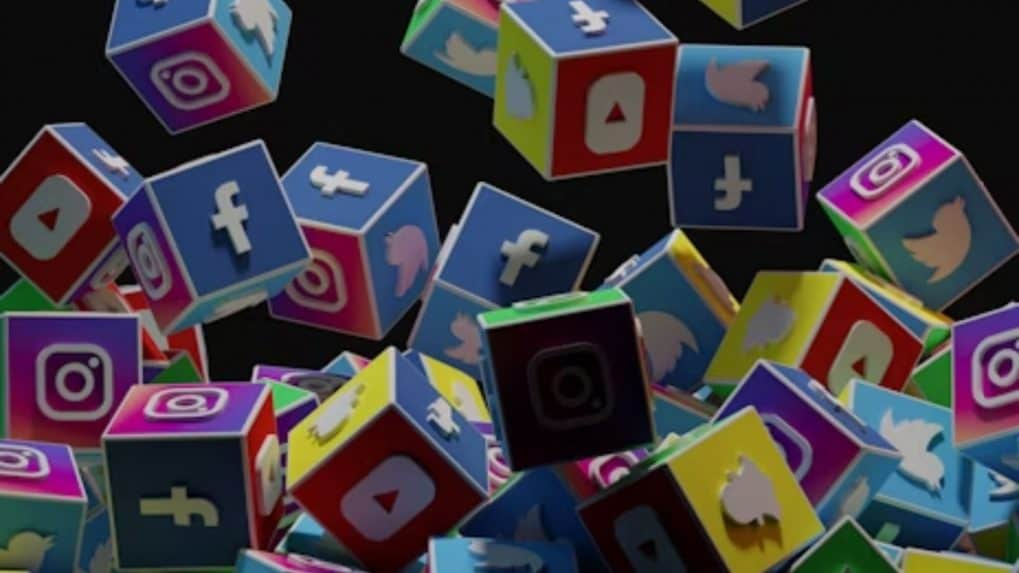How it Works
WPP, Havas, Omnicom: Are advertising’s biggest holdcos recasting agencies as AI Operating Systems?

While billions scroll through Facebook, Instagram, X and YouTube daily, many countries either tightly control or completely block these platforms. From censorship to political control and cultural protection, governments are reshaping how their citizens connect with the world and often, disconnecting them altogether.
Nepal shocked the world by banning 26 social media platforms including Facebook, YouTube, Instagram, X, WhatsApp and LinkedIn. But protests forced the government to roll back the move within a week. While Nepal reversed course, other nations have stuck to bans or introduced strict curbs.
Here’s a look at where and why social media isn’t always free:
1. China: The Great Firewall
Facebook, Instagram, X, WhatsApp, YouTube and Snapchat are all blocked. Citizens rely on monitored platforms like WeChat, Weibo, Douyin and QQ. Hong Kong and Macau remain exceptions.
2. North Korea: Digital Isolation
Ordinary people can’t access global social media at all. Only elites and foreigners have limited access. Citizens are restricted to a domestic intranet called Kwangmyong, with heavy penalties for consuming foreign media.
3. Russia: Post-Ukraine Crackdown
Since 2022, Russia has banned Facebook, X and other platforms, citing “hostile” activity. Surveillance and censorship are widespread, with websites frequently blocked.
4. Iran: Longstanding Restrictions
Facebook, Twitter, YouTube and more are blocked to control political dissent. Domestic alternatives are promoted, but many citizens turn to VPNs to stay connected globally.
5. Turkmenistan: Almost Total Blackout
Social media platforms like Facebook, Twitter, YouTube and Instagram are blocked. Internet access is limited to state-approved sites, making independent communication nearly impossible.
6. Myanmar: Post-Coup Silencing
After the 2021 military coup, Facebook, YouTube and others were banned to stifle dissent. Internet shutdowns are common, though many still use VPNs to spread news.
Several other countries have also witnessed flashpoints in social media restrictions. India banned TikTok and several Chinese apps on security grounds. Turkey frequently blocks platforms like Facebook, Twitter and YouTube during periods of unrest. Nations such as Egypt, Saudi Arabia, Syria, Vietnam and the UAE impose varying levels of restrictions, often targeting politically sensitive content.
In Ethiopia, Bangladesh and Pakistan, authorities resort to temporary or selective bans during unrest or political events, with Pakistan also prohibiting posts deemed “blasphemous”.
From purpose-driven work and narrative-rich brand films to AI-enabled ideas and creator-led collaborations, the awards reflect the full spectrum of modern creativity.
Read MoreThe Storyboard18 Awards for Creativity have unveiled a Grand Jury comprising some of India’s most influential leaders across advertising, business, policy and culture, positioning it among the country’s most prestigious creative award platforms.